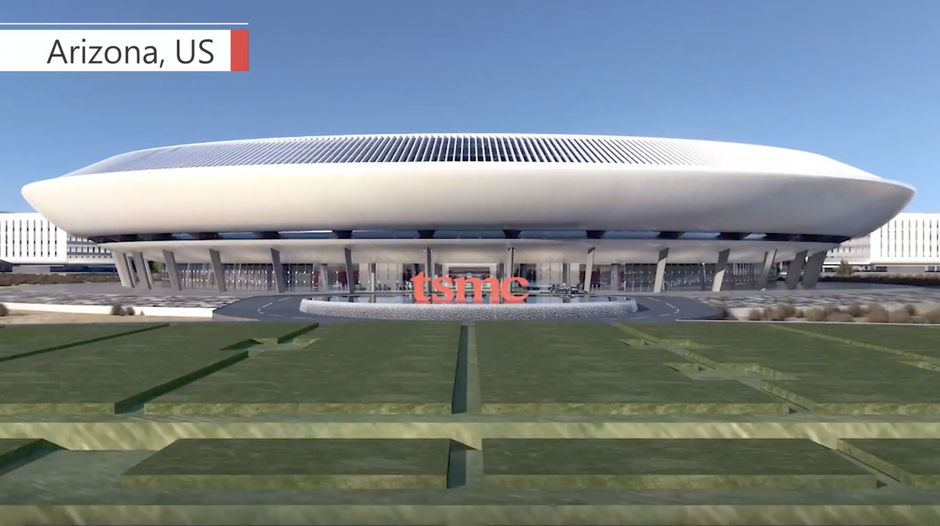As you probably already know if you are a loyal PhoneArena reader, the largest independent foundry in the world, TSMC, is building a fabrication facility in Phoenix, Arizona that is supposed to turn out 5nm chipsets by 2024. The facilities will not be turning out cutting-edge chips since TSMC could be delivering 2nm chips out of its fabs in Taiwan by the time 5nm product rolls off of its assembly lines in Arizona.
According to a report by wccftech, TSMC is facing a huge management shakeup that could potentially lead to a delay in the completion of the new facility. As with any chip fab, TSMC needs to make sure that its production facilities include clean rooms where there is zero-tolerance for any kind of dirt that could contaminate the chip-making process. According to The United Daily News (UDN), the foundry’s longtime cleanroom equipment supplier is experiencing a shakeup in management.
Jiangxi Hantang System Integration Co. was going to equip the new TSMC Arizona factory with a clean room. But the company is in the middle of a major management shakeup led by its largest stockholders. What kicked off this instability was the death of Hantang’s founder in 2015 which resulted in the widow receiving the majority of the company’s stock.
Some of the contracts that Hantang has with tech companies, including the one with TSMC that will supply its U.S. fab with equipment for a clean room, are now part of the power struggle taking place inside Hantang. However, the latest rumor is that Hantang and TSMC have concluded their negotiations and that Hantang will send 20 of its top engineers to the U.S. and hire more than 200 people in the states to help it set up TSMC’s U.S. facilities.
When the Arizona fab opens, mass production will take place using the 5nm process node. The facility is expected to produce 20,000 wafers per month. But there are whispers that TSMC will end up manufacturing chips using the 3nm process node while hiking output to 100,000 wafers per month. And if demand requires it, the U.S. might ask TSMC to build six factories in the states instead of just one. This has been confirmed by TSMC chairman Dr. Liu (Mark) Deyin.


